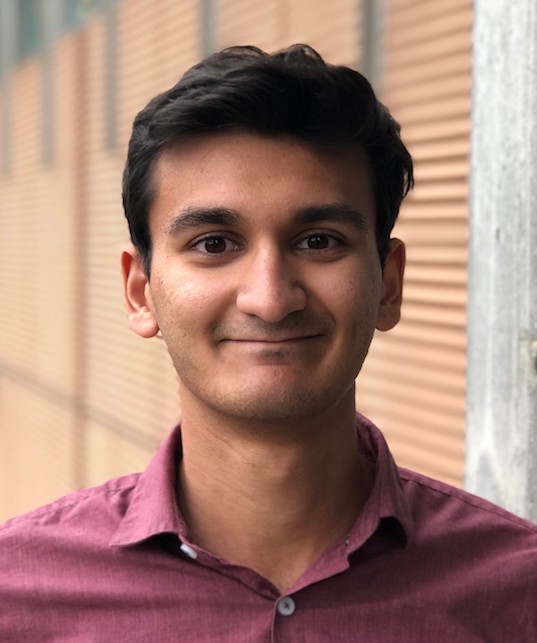IRIS-HEP Fellow: Raghav Kansal

Fellowship dates: Jun – Aug, 2019
Home Institution: University of California, San Diego
Project: Fast HGCAL Simulation with Graph Network
High granular calorimeters will be the biggest novelty of the CMS Phase II upgrade and, in general, for the next generation of collider experiments. This kind of detectors offer more opportunities but much more complexity for ordinary tasks such as detector simulation. In order to stay within the technical budgets (e.g. computing time) and satisfy the demand for large simulation samples, experiments will have to work on faster and more accurate simulation techniques. Deep Learning, and in particular generative models, offer an interesting possibility to speed up the simulation technique. Moreover, Deep Learning solutions are particularly suitable for HGCAL, given the pixelated nature of the problem. This project aims to adapt existing work about GAN for fast simulation to the irregular geometry of this detector, using graph networks as a way to learn a sparse representation of the hit distribution and embed it in a regular array, where traditional computing vision techniques can be used.
More information: My project proposal
Mentors:
-
Maurizio Pierini (CERN)
- 21 Aug 2019 - "Fast HGCAL Simulation with Graph Network", Raghav Kansal, Summer student project presentations Recording: Fast HGCAL Simulation with Graph Network
- 21 Jan 2022 - "Particle Cloud Generation with Message Passing Generative Adversarial Networks", Raghav Kansal, NeurIPS 2021
Current Status
April 2021 - As of Fall 2020, Raghav is beginning graduate studies in Physics at the University of California, San Diego
Contact me: